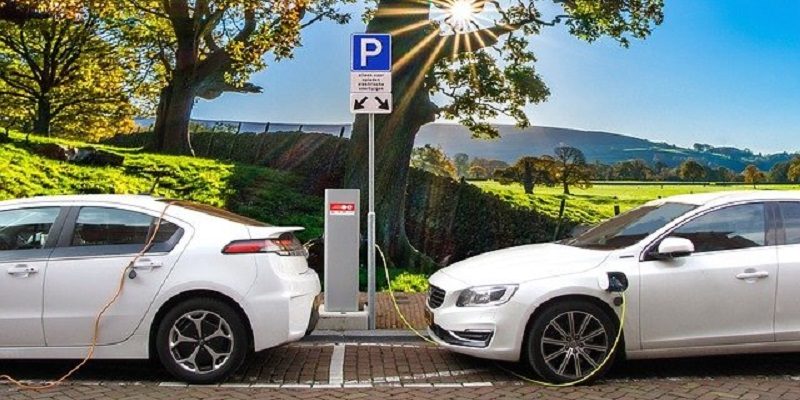Wipro surveyed 100+ North American automotive CXOs to measure the industry’s plans and predictions for EVs and internal combustion engine (ICE) vehicles. The North American auto industry is undergoing a paradigm shift. The electric vehicle (EV) transition is ongoing, but far from complete. Software-defined vehicles are challenging original equipment manufacturers (OEMs) to think like tech companies, and customers expect both a smart digital-first retail experience and an instantly updatable vehicle that feels like a new car every day.
The survey found that:
- Auto CXOs are prepared to execute the three identified components of the automotive future, with more than 70% prepared for EV transition and software-defined vehicles (SDVs), and 63% feeling prepared to execute the digital customer experience.
- Price parity between ICE and EV vehicles is expected to continue growing closer, with 81% expecting battery tech costs to decrease between now and 2025.
- To prepare for this industry shift, 53% of OEMs are exploring vertical integration to solve supply chain issues, and nearly 70% of industry CXOs are enthusiastic about new business models such as battery-as-a-service, swapping, and data monetization from battery health monitoring systems.
“The automotive industry and vehicles of the future are undergoing an unprecedented transformation. The industry is adopting to new ways of innovation and new business model creation, that is helping automakers steer towards development of software-defined vehicles for digital native customers . Between now and the end of this decade, we expect the automotive industry to converge into a technology-led ecosystem built on sustainable business models, enabled by cross-sector coopetition, and designed to deliver intelligent and customer-centric mobility solutions,” said Ashish Saxena, Senior Vice President & Sector Head, Manufacturing and Hi-Tech, Wipro Limited.
Changes that may lie ahead
About 45% of respondents predict that tech giants will take the lead in future auto retail. For traditional auto companies to succeed in this new environment, balancing ecosystem collaboration and competition between manufacturer, supplier, and technology companies will be imperative.
While EV stakeholders agree on the need for collaboration, they differ in their approaches, citing joint ventures, mergers and acquisitions, and joint R&D as their key strategies. Further, 53% cite regulatory issues as a prime challenge when it comes to developing future vehicles.
“Our study found multiple coopetition-driven opportunities in the EV ecosystem,” said Jaydip Mukhopadhyay, Vice President, Automotive North America, Wipro Limited.“Whether it’s gigafactories of the future, cloud-enabled battery management systems, vehicle-to-grid integrations, or wireless charging and commercial EV fleet solutions, a collaborative approach by OEMs and technology partners will ultimately deliver the greatest value to all parties.”







